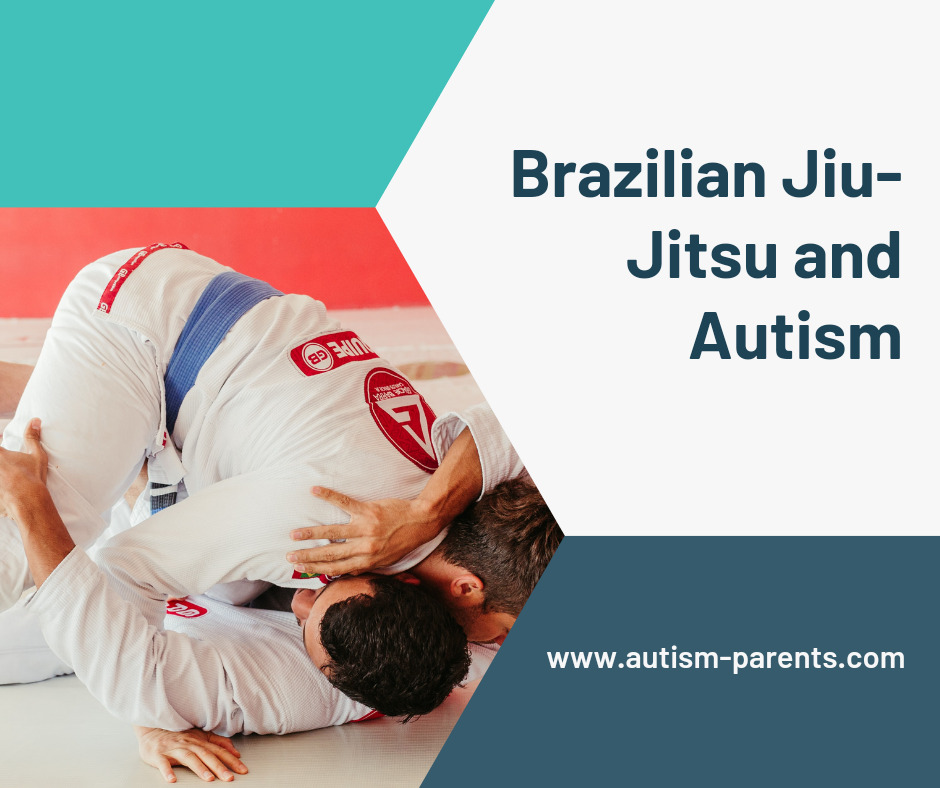Recently one of the most famous Brazilian Jujitsu athletes claimed a strong link between autism and jiu-jistu.
Below we explore the connection between the two and why it may be a good sport for those with ASD.
Craig Jones and autism claim
For those who don’t know, Craig Jones is one of the most famous Brazilian Jiu-Jitsu competitors in the world.
He has a huge social media following and is known for his unorthodox style.
Craig recently caught the attention of the autism community with comments related to ASD.
He has described autism as being a crucial attribute for success in the sport. Jones even joked once that it took “the right mix of autism and steroids” to get to the top.
He referred to the mix as being the ‘goldilocks’ scenario.
Gordon Ryan and autism
Craig Jones has also described the greatest practitioner of all time, Gordon Ryan as having the ideal ‘amount’ of autism.
It must be noted that as far as we could establish, Ryan hasn’t openly stated any links to autism himself.
He certainly appears to be an athlete who focuses very much on the analytics of his craft.
But outside of that this is a statement which has come from one of his peers, not Ryan himself.
We therefore wouldn’t want to speculate on the accuracy or likelihood of any sort of a diagnosis for Gordon Ryan.
Although it may seem like Craig Jones is mocking the condition, upon closer examination that doesn’t seem to be the case.
A quick search online reveals countless anecdotes from people with autism stating how beneficial it is.

Why is autism ‘good’ for jiu-jistu?
We have previously written about sports and autism here but did we miss a trick not mentioning Jiu-Jitsu?
Here on this site we don’t buy into fads and outlandish claims so we looked into this with a degree of cynicism.
But once you learn about the sport of Brazilian Jiu-Jitsu a link does make sense.
Unlike a lot of sports, Brazilian Jiu-Jitsu is very clearly a puzzle using the human body.
Athletes use a combination of techniques to try and manipulate their opponent into a position where they have to give up.
Many describe the sport as chess like with practitioners plotting and planning out moves in advance.
The sport is also incredibly complicated, taking years and years to master.
It is also a solo sport whereby difficulties with communication may not be highlighted quite as brightly.
Podcaster Joe Rogan has also long avocated for the sport saying that it actually attracts very intelligent people.
Natural problem solvers or those who are confident in analysing problems.
Taking all of those factors into account it does start to make sense as to why the two may mix well.
Also some parents may take comfort in their children learning to defend themselves.
Becoming an expert in something as difficult as Brazilian Jiu-Jitsu may give someone with autism a huge boost in confidence.
Exercise in general has also been widely proven to be beneficial to people’s mental health.
What about the negatives?
Trying to take a balanced view we thought we’d consider why this sport may not be appropriate for all.
Brazilian Jiu-Jitsu involves a large amount of physical contact between individuals.
The close contact and manipulation of each others bodies may be uncomfortable for some with ASD.
Even for the neuro-typical it may be something which people find strange.
In addition there is the fact that a physical martial art may not be for everyone.
There will be a degree of discomfort although it doesn’t involve punching and kicking.
Summary – Autism and Jiu-jitsu
Upon digging into this topic and the martial art in general, a strong case can be made connecting the two.
Brazilian Jiu-Jitsu is known widely as a problem solving puzzle of a martial art.
Many of us parents can attest to puzzles being a favoured pastime of our kids.
So to put forward Brazilian Jiu-Jitsu as a good option for those with ASD seems like a rational suggestion.
When you mix in the physical and confidence benefits you can absolutely make a case for trying it out.

